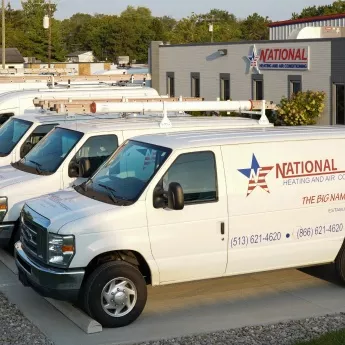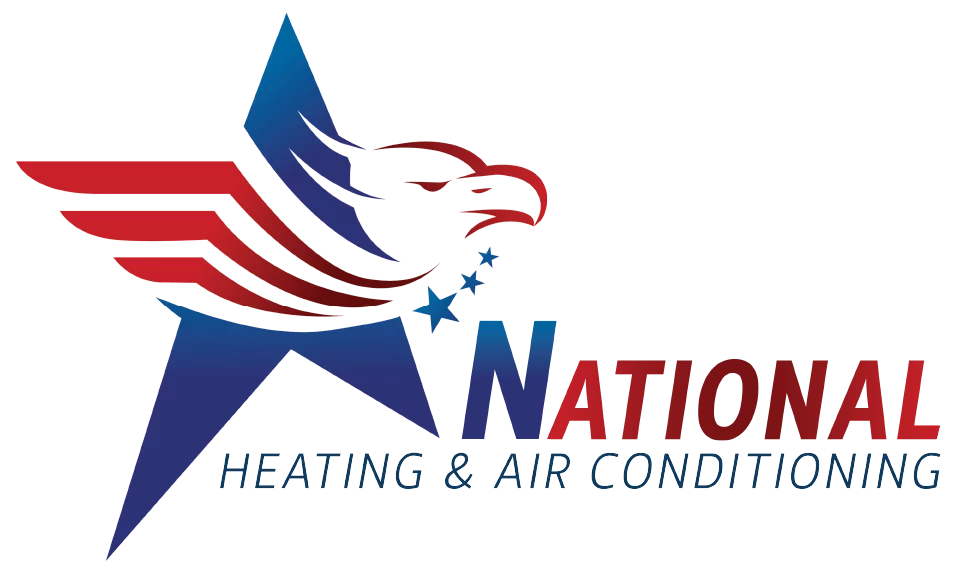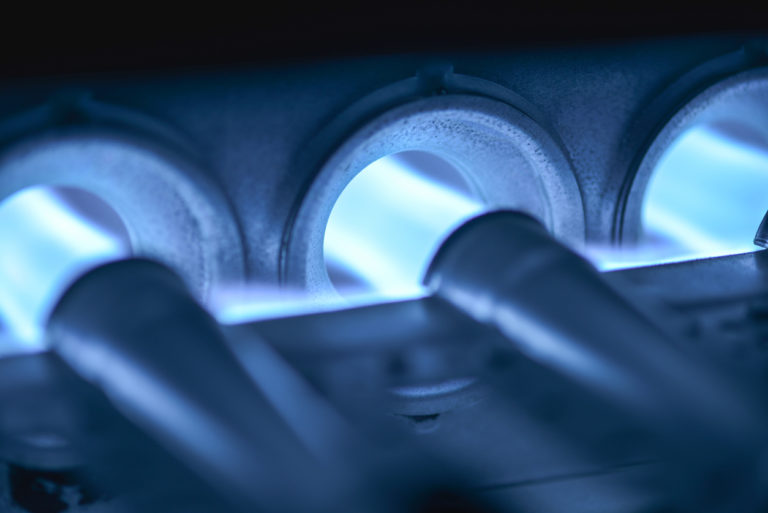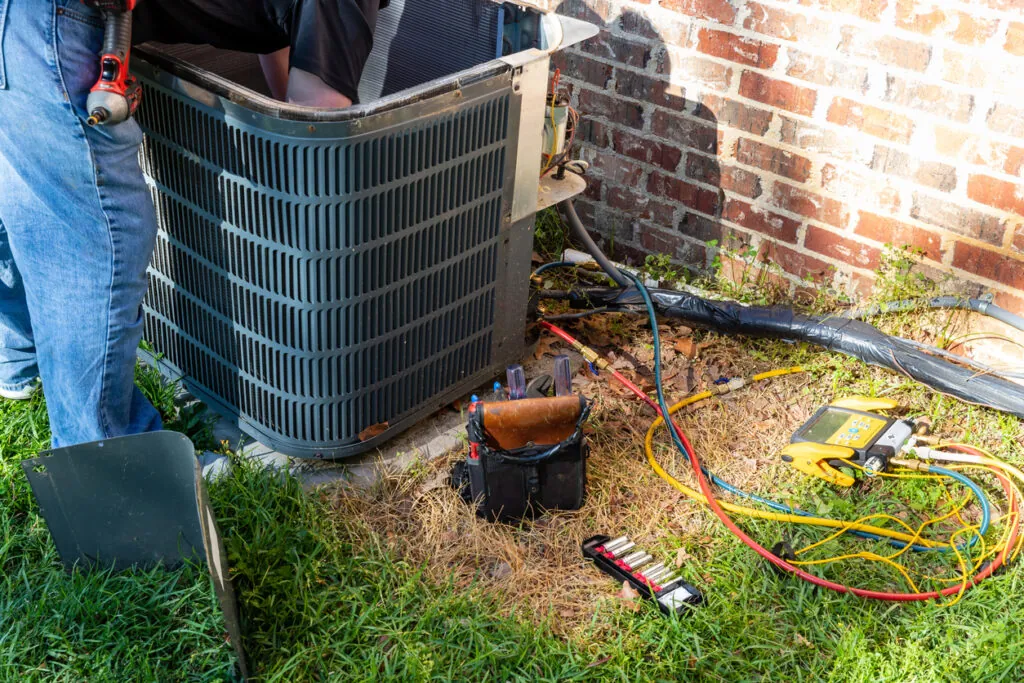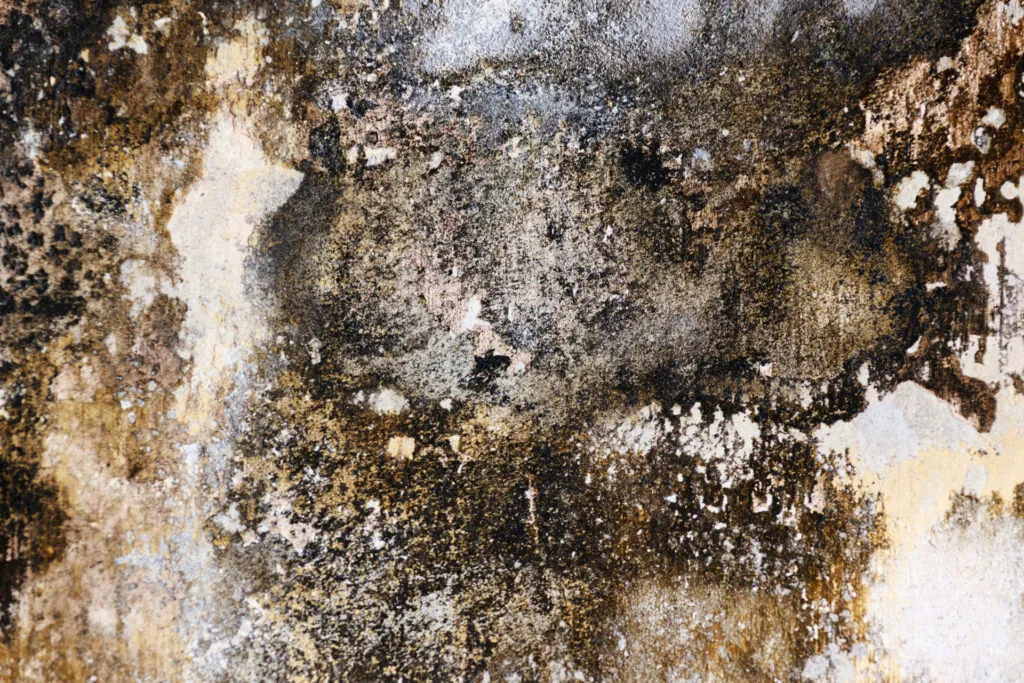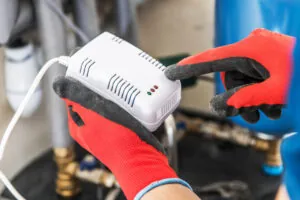Boilers vs. Furnaces – Comparison Guide for Cincinnati Homeowners
When temperatures outside start to drop, you want to make sure your home has a good heating system. But how are you supposed to decide which system is right for you? With boilers and furnaces both popular among homeowners, it can be a tough choice to make. That’s why we’ve created this comparison guide to help you understand the features, pros, and cons of both heating systems to help you determine which is right for your heating needs.
The Basics: How Do Boilers and Furnaces Work?
A boiler heats water to provide hot water or steam for heating that gets distributed through a system of pipes. Hot water boilers move water through baseboard radiators or heat air via a coil. Boilers run on various energy sources. You can install a boiler that runs on either natural gas, oil, electricity, or wood.
Furnaces heat air and use a blower motor and air ducts to distribute warm air throughout the house. The hot air gets released into the rooms through vents. Furnaces run on electricity, natural gas, propane, or oil. You typically see furnaces more often in newer homes because of their low upfront costs.
The Pros and Cons: Each Has Its Benefits
It’s important to consider the pros and cons of both boilers and furnaces. While both have many benefits, either may be more suited for certain homes, residents, and heating needs.
Boiler Pros
- More Energy-Efficient: Boilers use less fuel to heat your home, potentially lowering your energy costs.
- Most Consistent Heat: This may be more beneficial for homes located in areas that have a colder climate and need more reliable heat in the colder months.
- Less Operational Noise: Boilers tend to be on the quieter side, since they don’t blow hot air.
- Less Maintenance: Boilers don’t have filters that require cleaning or regular replacements.
- Better Air Quality: Since boilers don’t blow air, they don’t spread dust or allergens.
Boiler Cons
- Slower to React: Boilers take longer to adjust to thermostat changes, meaning you won’t get the instant gratification of a sudden rush of warm air.
- Harder to Install: Boilers are typically harder to install and will require an expert.
- Risk of Leaks: You can potentially experience water damage if your boiler leaks water.
Furnace Pros
- Less Expensive: Since furnaces are a more common choice, they are less expensive to install.
- Reduced Leak Hazard: If furnaces have a leak, it’s usually only an air leak, which clearly doesn’t cause the same amount of damage as a water leak.
- No Freezing Hazard: Since furnaces don’t contain water, the system won’t freeze if the power goes out.
- Easy to Install: Furnace installations typically only take a few hours
Furnace Cons
- Less Efficient: Heating with air is less efficient than with water. Some furnaces are more efficient than others, but in general, a furnace uses fuel more quickly than a boiler, potentially increasing energy costs.
- More Noise: Furnaces blow air and make a sound when running.
- Reduced Heat Consistency: Forced air is not as consistent as steam or hot water heat.
- Lower Air Quality: Since furnaces blow air, they also blow dust and allergens around. The warm air they produce is often dry, which may trigger respiratory or skin issues.
Maintenance: Keeping Your System Healthy
Both heating systems need to be maintained to ensure their life span and efficiency. However, they will have different maintenance requirements, and it’s important to consider this factor to determine which is right for your lifestyle and budget.
Furnace maintenance
- Checking combustion chamber for cracks
- Testing for carbon monoxide
- Adjusting blower control and supply air temperature
- Cleaning and oiling blower
- Removing dirt, soot, or corrosion
- Checking fuel input and flame characteristics (in a gas furnace), and adjusting if needed
- Sealing connection between furnace and main ducts
Hot water boiler maintenance
- Testing pressure-relief valve
- Testing high-limit control
- Inspecting pressure tank
- Cleaning heat exchanger
Steam boiler maintenance
- Draining some water from the boiler to remove sediment and improve heat exchange efficiency
- Test low-water cutoff safety control and high-limit safety control
- Draining float chamber to remove sediment
- Analyzing boiler water and adding chemicals as needed to control deposits and corrosion
- Cleaning heat exchanger
How to Decide? Seek a Pro’s Opinion
Ultimately, the choice between a boiler or furnace will depend on your home’s heating needs, your budget, and your preferences. If you’re unsure of which one is right for you, one of our knowledgeable technicians can help point you in the right direction. When you’ve decided and are ready to install your new boiler or furnace, contact National Heating and Cooling to set up an installation service.
Request Service
Fill out our contact form, and one of our team members will reach out to you shortly!
Request Service

